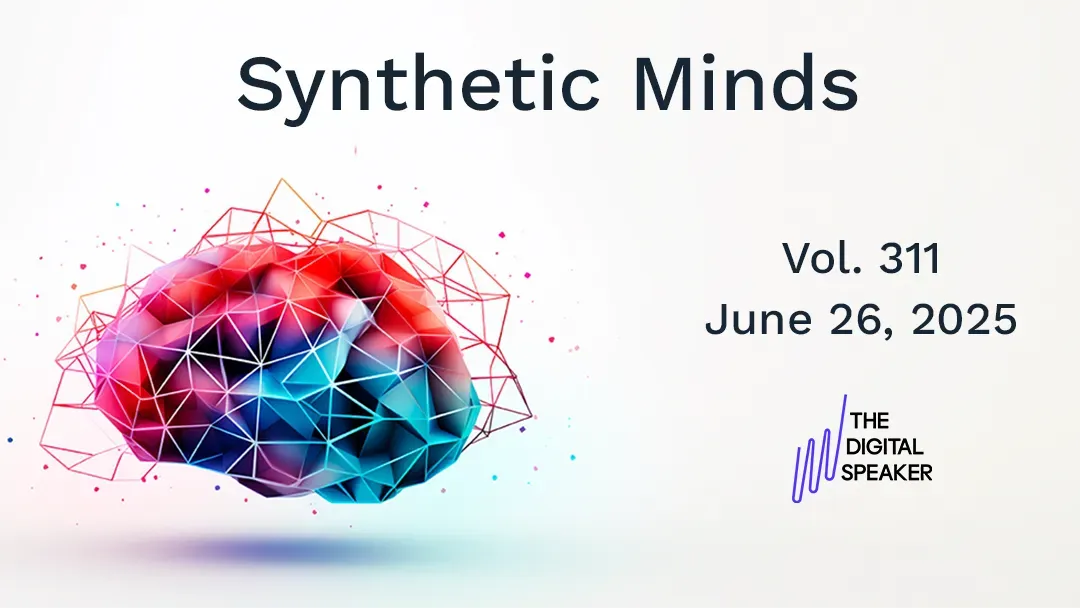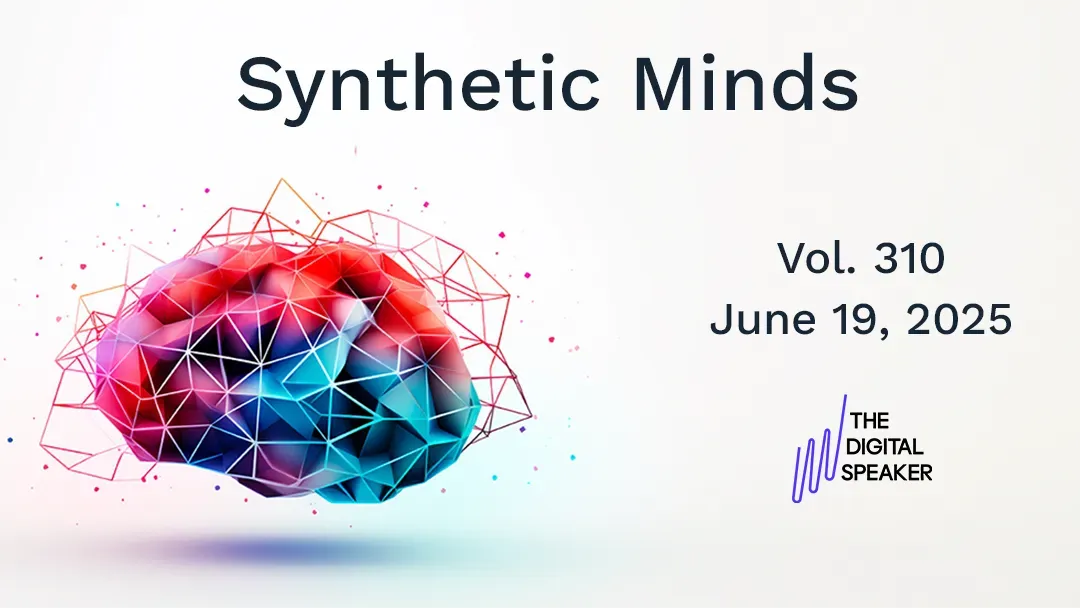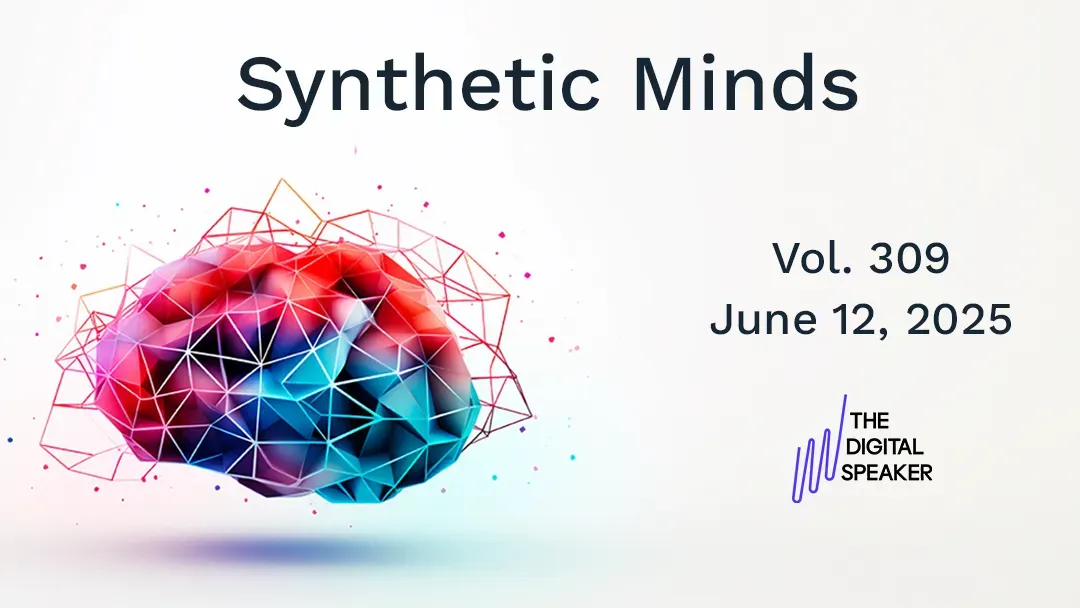Synthetic Minds | AI in Education and the Return of the Metaverse
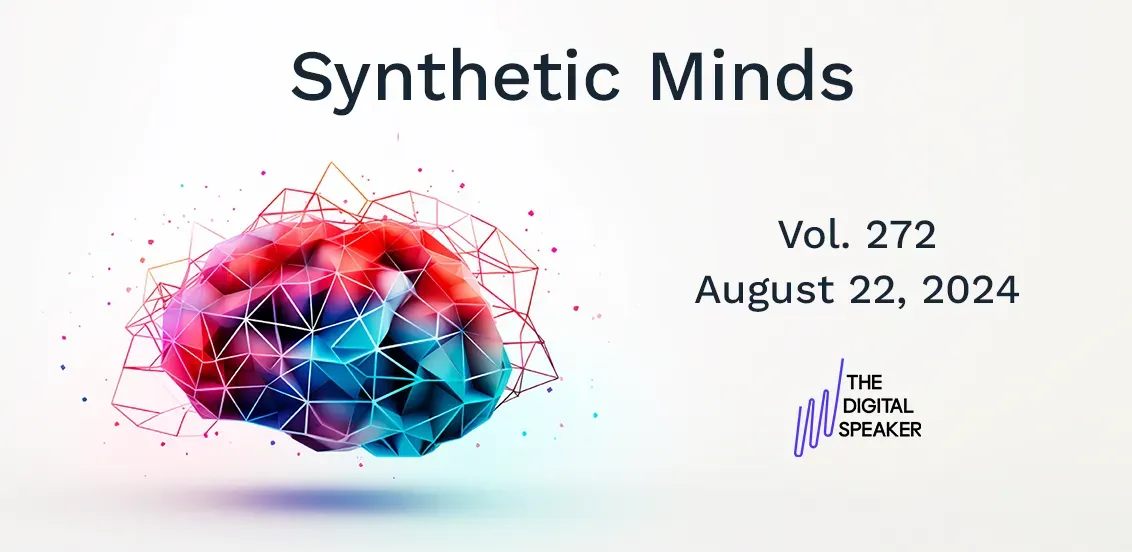
'Synthetic Minds' serves as a mirror to the multifaceted, synthetic elements that are beginning to weave into the fabric of our society. This week's newsletter dives into the return of the metaverse, which promises to be hyper-realistic, in real-time and generated by AI. Are you ready for the phygital world?
Metaverse 2.0 – The Hyper-Realistic, AI-Driven Spatial Internet
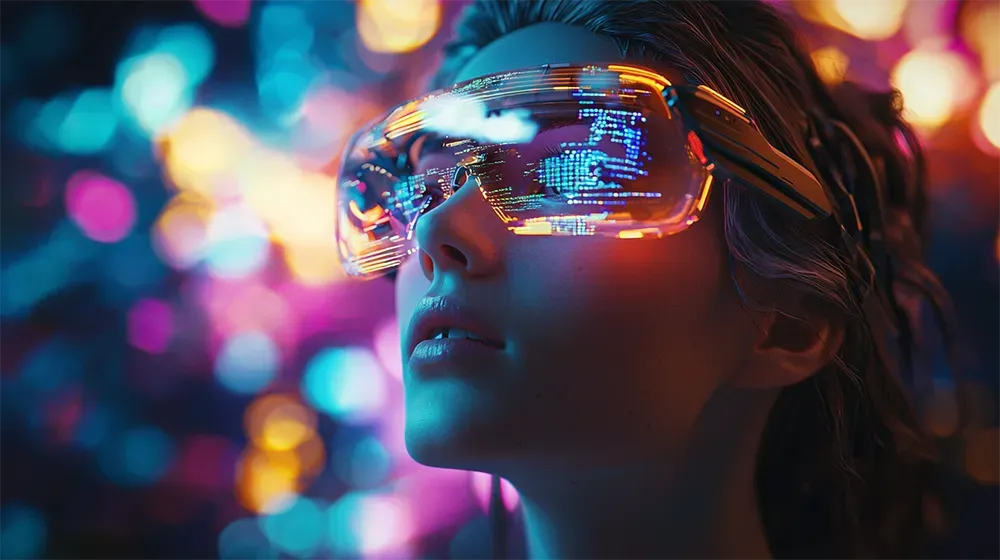
My latest article
If this were a contest for packing the most buzzwords into a single title, this article might take the prize.
However, beyond the jargon, there’s substance here that shouldn’t be overlooked. The metaverse isn’t just for gamers anymore. The dawn of Metaverse 2.0 is upon us, and it’s merging our digital and physical realities in ways that are as exciting as they are transformative.
This new iteration isn’t about cartoonish avatars or virtual playgrounds. Metaverse 2.0 is pushing the boundaries with AI-driven hyper-realism and real-time interactivity. Imagine digital environments so lifelike that they’re almost indistinguishable from the real world.
I am talking about experiences that adapt and evolve based on our preferences, making digital interactions as seamless and natural as face-to-face ones. But here’s the big question: Will we use this powerful technology to drive widespread prosperity, or will it become just another tool for tech giants to play with?
As we step into this new digital frontier, those who understand and embrace this convergence will be the ones shaping the future—not just experiencing it.
Synthetic Snippets: Quick Bytes for Your Synthetic Mind
Quick, curated insights to feed your quest for a better understanding of our evolving synthetic future. The below is just a small selection of my daily updates that I share via The Digital Speaker app. Download and subscribe today to receive real-time updates. Use the coupon code SynMinds24 to receive your first month for free.

1. AI IN ACADEMIA: THE ENDLESS CHEAT CODE?
Has AI turned education into a game of cheating? The rise of AI tools like ChatGPT is challenging academia's integrity, with students generating essays and assignments effortlessly. Traditional detection methods struggle, leaving educators to rethink teaching and assessment. Instead of banning AI, integrating it into learning might be the solution to maintaining educational relevance in this AI-driven world. (The Atlantic)
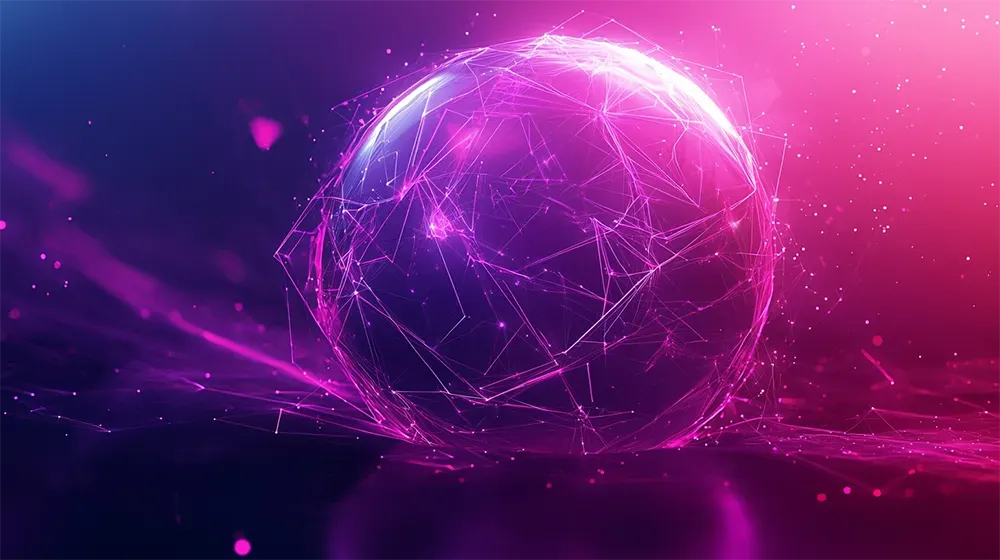
2. AI: THE GAME-CHANGER THAT EVEN ERIC SCHMIDT CAN'T PREDICT
Former Google CEO Eric Schmidt admits he’s constantly revising his AI predictions as the field evolves unpredictably. Highlighting advancements like large context windows, agent-based systems, and text-to-action capabilities, Schmidt warns that AI could either drive unprecedented innovation or plunge us into chaos. As AI’s pace accelerates, the big question is: Are we ready? (YouTube)
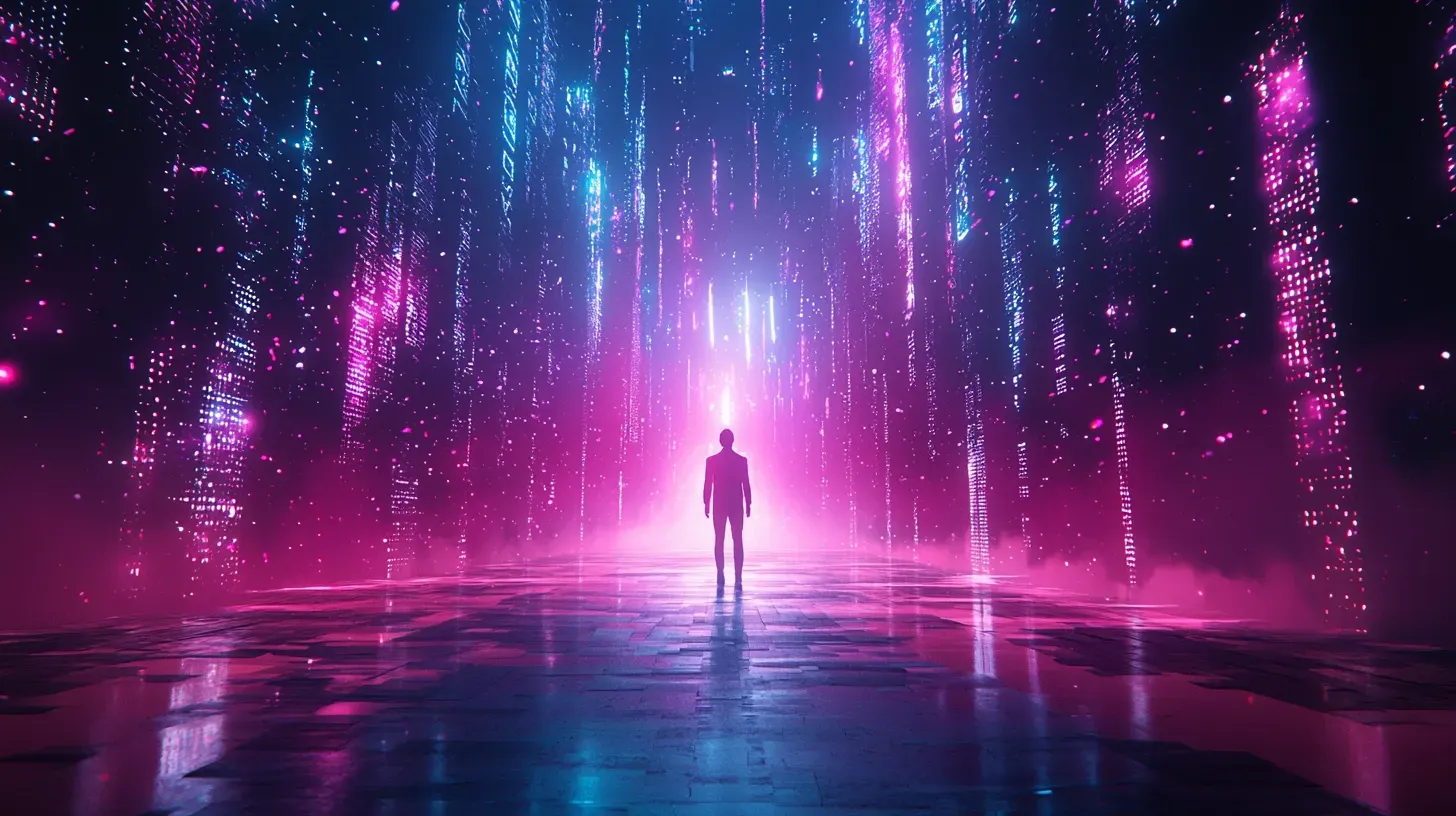
3. 777 AI RISKS: THE HIDDEN DANGERS NO ONE’S TALKING ABOUT
The MIT AI Risk Repository highlights over 777 AI-related risks, from privacy concerns to existential threats. This comprehensive resource categorises risks into domains like discrimination, misinformation, and socioeconomic harms. Understanding these risks is crucial for creating safe and ethical systems as AI advances. Are we truly prepared to address the full spectrum of AI's hidden dangers? (MIT)

4. FROM BAKER TO BYTES: HOW AI BECAME LE PAIN QUOTIDIEN'S SECRET INGREDIENT
Le Pain Quotidien, the famous bakery, has replaced its recipe management with an AI "digital twin" of its founder, Alain Coumont. Alain.AI manages recipes, creates new dishes, and integrates food trends across 214 locations, aiming to outpace competitors. But can an AI truly replicate a chef’s artistry, or are we sacrificing culinary tradition for efficiency? (Inc)
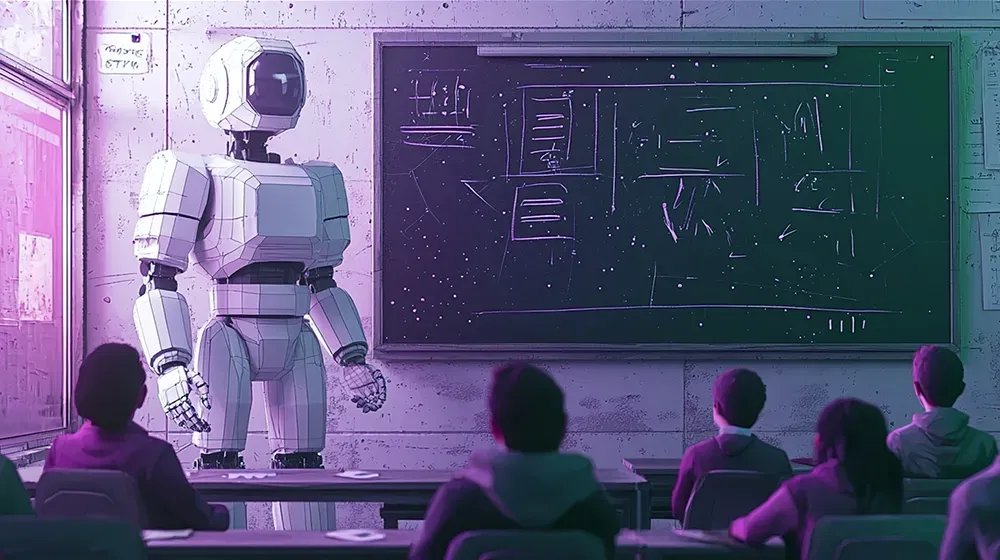
5. CAN AI REPLACE YOUR FAVORITE TEACHER? NOT SO FAST
AI pioneers like Andrej Karpathy dream of AI tutors replacing human educators, but history suggests otherwise. From "automatic teachers" to MOOCs, tech-driven solutions have often failed to engage students meaningfully. While AI might enhance education, it can't replicate the inspiration, human connection, or nuanced understanding that passionate teachers bring to the classroom. (The Conversation)
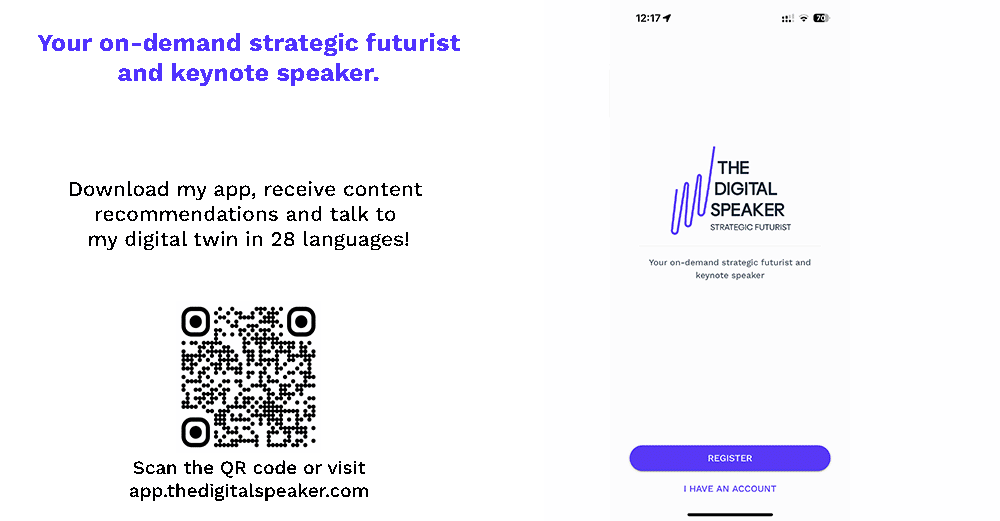
Download the full 2024 Top Ten Technology Trends Report
Know someone who needs the Synthetic Minds newsletter?
Forward it to someone who might like it too.

